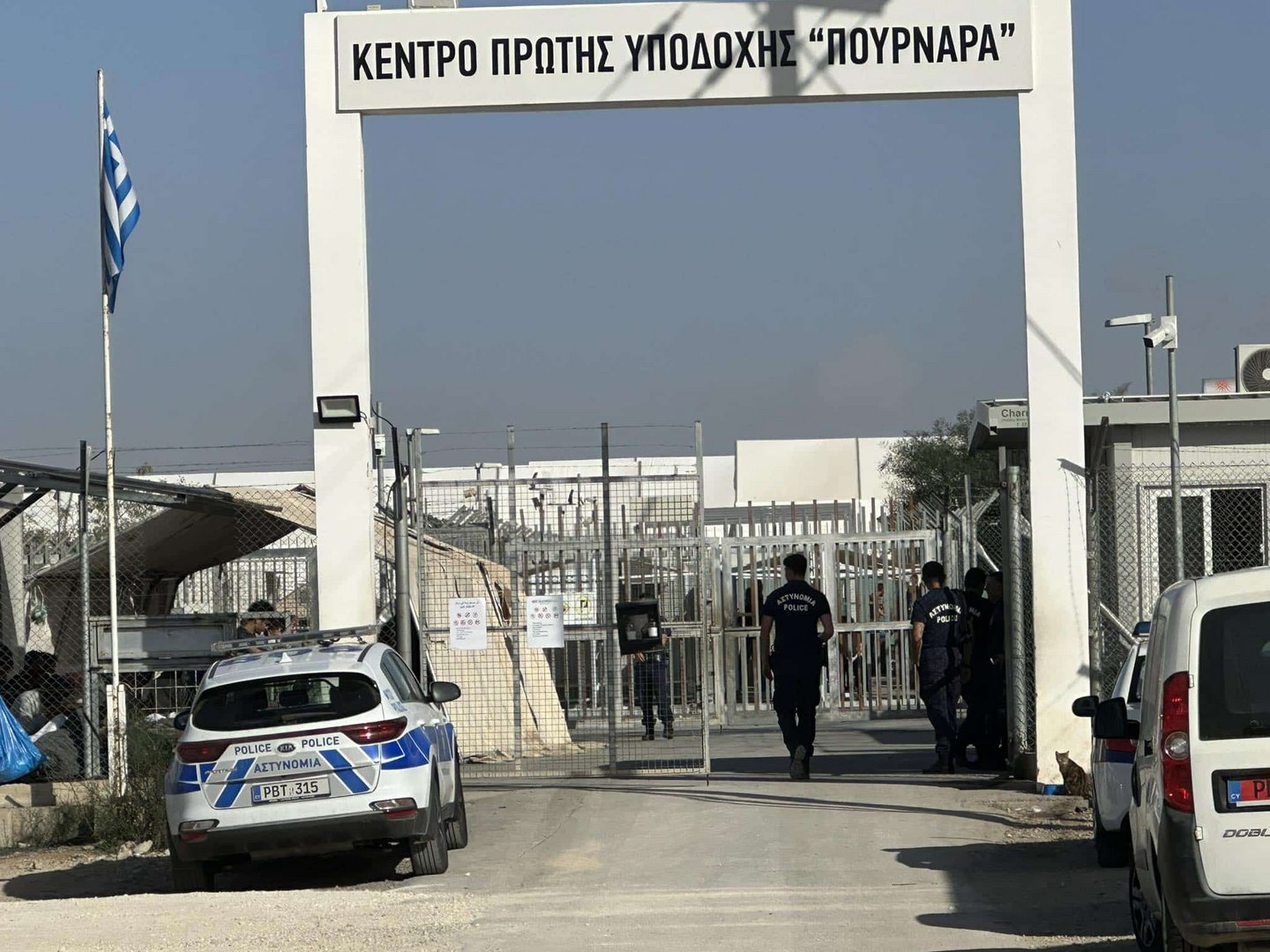Interior minister Constantinos Ioannou stepped up his efforts to persuade Brussels to reassess the status of Syria as a war zone during the visit of EU Commissioner for Home Affairs, Ylva Johansson. The government is concerned about the continuous arrival of people from Syria seeking international protection for fleeing a warzone and has reasoned that the only way to stem the flow was for Syria’s status to change.
For as long as it is classed as a war zone, international conventions prevent Cyprus authorities from turning away people arriving here from Syria. The government has argued in Brussels that at least parts of Syria could be designated as safe zones, thus allowing it to repatriate Syrian nationals, whose numbers keep rising. It would not have been an unreasonable argument if there was stability and peace now in Syria, but there is not, with the security situation still regarded as extremely dangerous.
In reality this is a futile initiative by the government, although it is a way of highlighting Cyprus’ predicament. Asked about the matter at a Q&A in Nicosia on Tuesday, Johansson said that changing Syria’s status for migration purposes “is not easy, which is why we have discussed it and will continue discussing it.” It was a diplomatic way of saying that there are no plans to do anything apart from carrying on discussing the matter.
This is because the influx of Syrian migrants is not a problem for the EU mainland. If bigger member-states had to face the problem Cyprus is facing, more consideration may have been given to the issue, but the EU has been paying Turkey to host more than three million Syrian refugees in order to keep the problem at a safe distance. Cyprus does not have this luxury, as it is on the front-line and it is not as if the numbers of arrivals are falling. In October more than 1,000 Syrians arrived by boat and in November some 800, which were a three-fold increase on the corresponding months of 2022.
Migrants from other parts of the world can be relocated and the EU has financially supported repatriation schemes which have been successful according to Ioannou. People from Syria, however, cannot be sent back to a war zone and their numbers are increasing. About 5.5 per cent of Cyprus’ population consists of asylum applicants or people eligible for international protection, said Ioannou. This was four times higher than the EU average.
While the EU may recognise that Cyprus has a problem, the only thing it is prepared to do is offer financial assistance for dealing with migrants. What percentage of Cyprus’ population must be migrants before other EU member states start accepting some of them to ease Cyprus’ burden? The government should perhaps more forcefully campaign for the fairer sharing of the migrant burden by the Union, as it is more likely to achieve a result than seeking the change of status of Syria.







Click here to change your cookie preferences